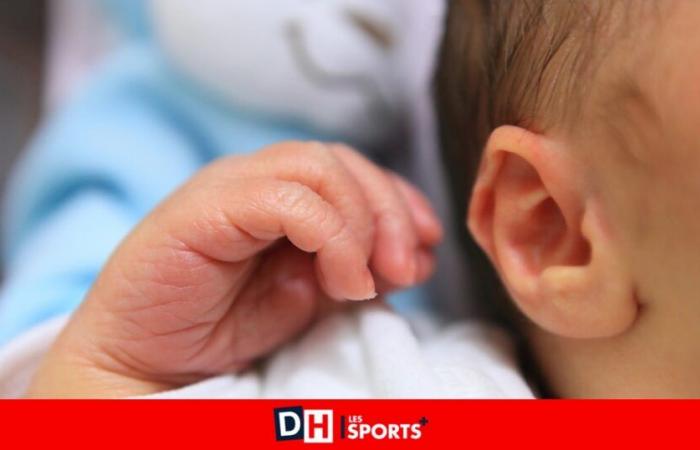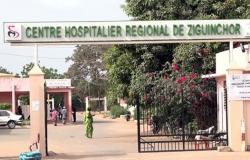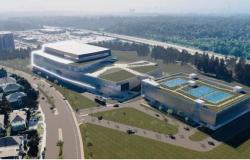
Four explanations
Several explanations are put forward by the statistics institute to explain the fall in fertility in Brussels. First, the “uncertain global context” which encourages couples to postpone the arrival of children or to have fewer. Second“Brussels women are becoming mothers later and later. However, if births among young women are decreasing sharply, they are not offset by a strong increase among older women.”
The Brussels region has never been so populated thanks, above all, to international immigration
Third, the move of families to the outskirts of Brussels before the arrival of their child. And quarto“foreign fertility also in decline”. According to the study, 45% of women of childbearing age in Brussels are of foreign nationality. “The populations who have arrived in Brussels over the last ten years mainly come from Europe. These families generally have fewer children than families from previous waves of immigration”indicates Ibsa. “If Moroccan women were the most numerous until 2003, since then, it is French women who are in the lead, followed by Romanian women from 2017. However, both French and Romanian women have lower fertility than that of Moroccans.“Note that fertility is also declining nationally.





